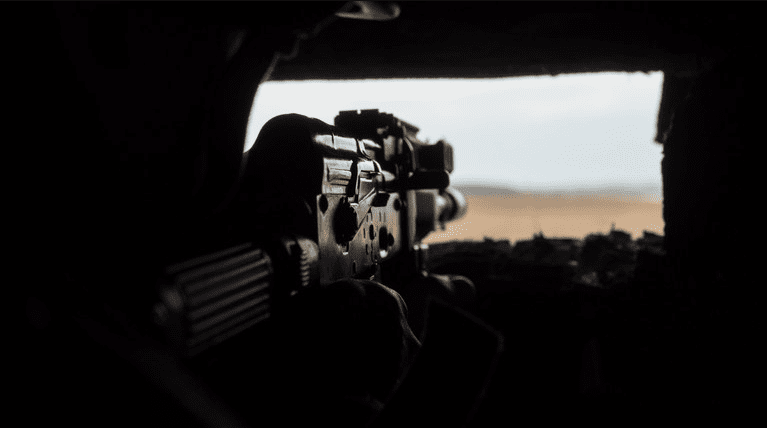The Financial Times reported on Tuesday that worries over Ukraine’s use of Western-supplied weaponry are rising among NATO and EU countries. According to the publication, Western countries are currently attempting to set up a unique tracking system to try and stop the weaponry from getting up on Europe’s illegal markets.

The US and its allies in Europe and other regions have committed more than $10 billion in military aid to Kiev since the beginning of the Russian military incursion in Ukraine. Numerous small guns as well as transportable anti-tank and anti-air missiles have been included in the shipments.
- Clarification of LeBron James’ remarks on Brittney Griner’s detention in Russia
- A poll indicates a close contest for control of Congress as the class divide widens.
- US inflation exceeds expectations
“All these weapons land in southern Poland, get shipped to the border and then are just divided up into vehicles to cross: trucks, vans, sometimes private cars,” an unidentified Western official told the Financial Times, explaining why the EU and NATO want Kiev to keep a detailed inventory list for all weapons it receives.
The official said, “From that point on, we go blank on their whereabouts and we have no clue where they go, where they are utilized, or even whether they stay in the nation. The EU’s law enforcement organization, Europol, believes that some of the weapons may already have left Ukraine and returned to Europe.
Europol issued a warning in April after finding evidence in its inquiries that firearms were being smuggled from Ukraine into the EU to supply organized crime rings. According to the agency at the time, the crisis in Ukraine “has led to the spread of a substantial number of guns and explosives in the nation.”
The fact that the Ukrainian government stopped maintaining “registers of weaponry given to people” at the start of the war seemed to worry Europol the most. Since then, “firearms have been dispersed without records,” the agency claimed, urging the creation of a comparable registry for all weaponry and military supplies sent from the EU to Ukraine.
Kiev disputes the claim that it is now “a key center for weaponry smuggling.” Any transfer of weapons into or out of Ukraine is “extremely well watched and overseen” by both Ukraine and its foreign allies, according to Yury Sak, a defense minister’s advisor.
Washington has stated that it trusts Kiev, but it has also acknowledged that, given the “difficult situation” on the ground, the possibility of American weaponry ending up in the wrong hands was “among a number of considerations.”
According to US Undersecretary for Arms Control and International Security Bonnie Jenkins, “We are confidence in the Ukrainian government’s resolve to correctly preserve and account for US [weapons],” she told reporters in Brussels last Friday.
European allies of America seem to be less assured. Jana Cernochova, the Czech defense minister, told reporters in Prague on Friday that it is “difficult to avoid trafficking or smuggling,” and that Western countries “failed to do it in the former Yugoslavia and probably won’t avoid it in Ukraine.” Even if the donor countries did everything they could to trace the weapons, the minister claimed that it would not be able to track every single piece.
The Swedish police raised concerns in June about the possibility that firearms delivered to Kiev would wind up in the hands of criminal groups. Juergen Stock, the secretary general of Interpol, had voiced similar worries in the same month.
